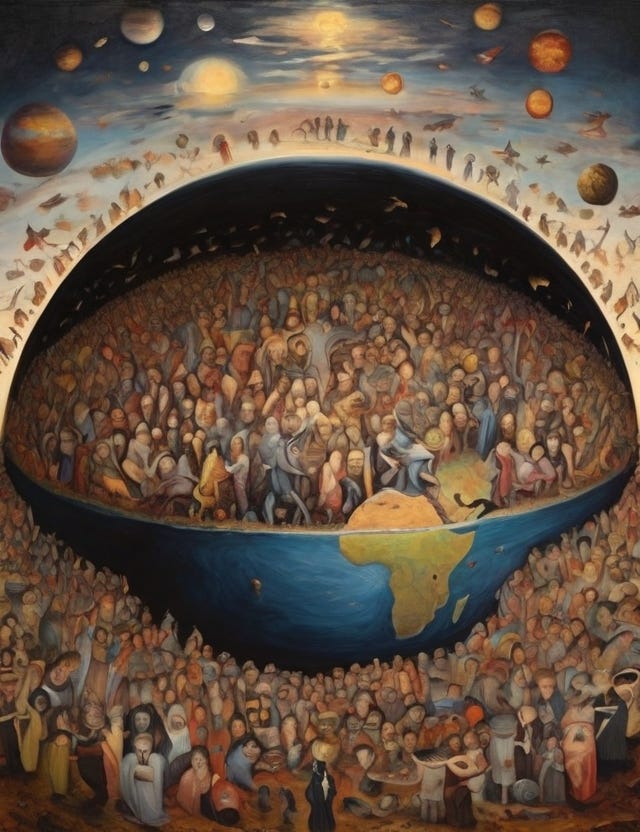
Overpopulation is a looming threat. Or so we’ve been told for the past couple centuries. But the specific reasons for population management keep changing.
Austi…

Overpopulation is a looming threat. Or so we’ve been told for the past couple centuries. But the specific reasons for population management keep changing.
Austi…